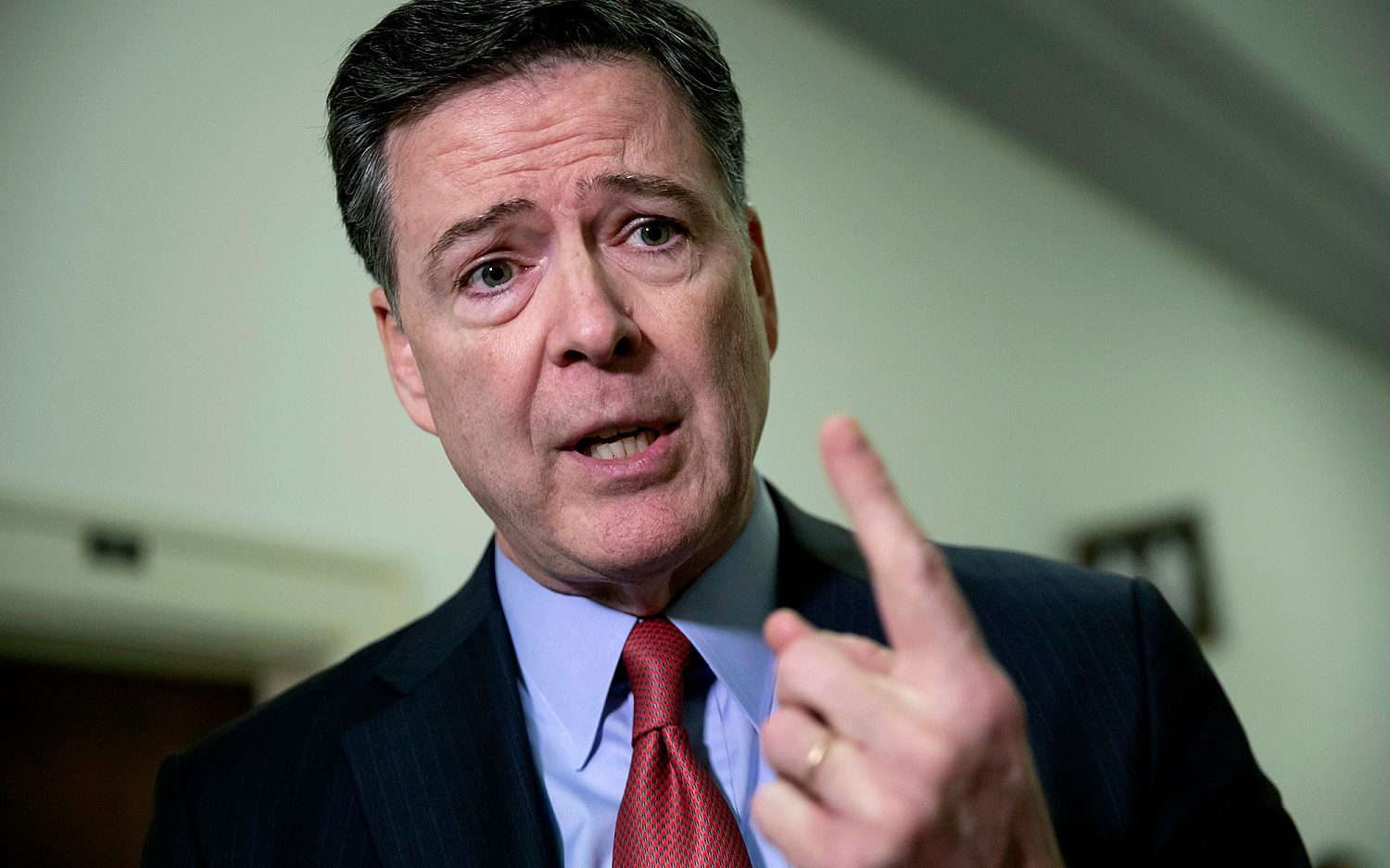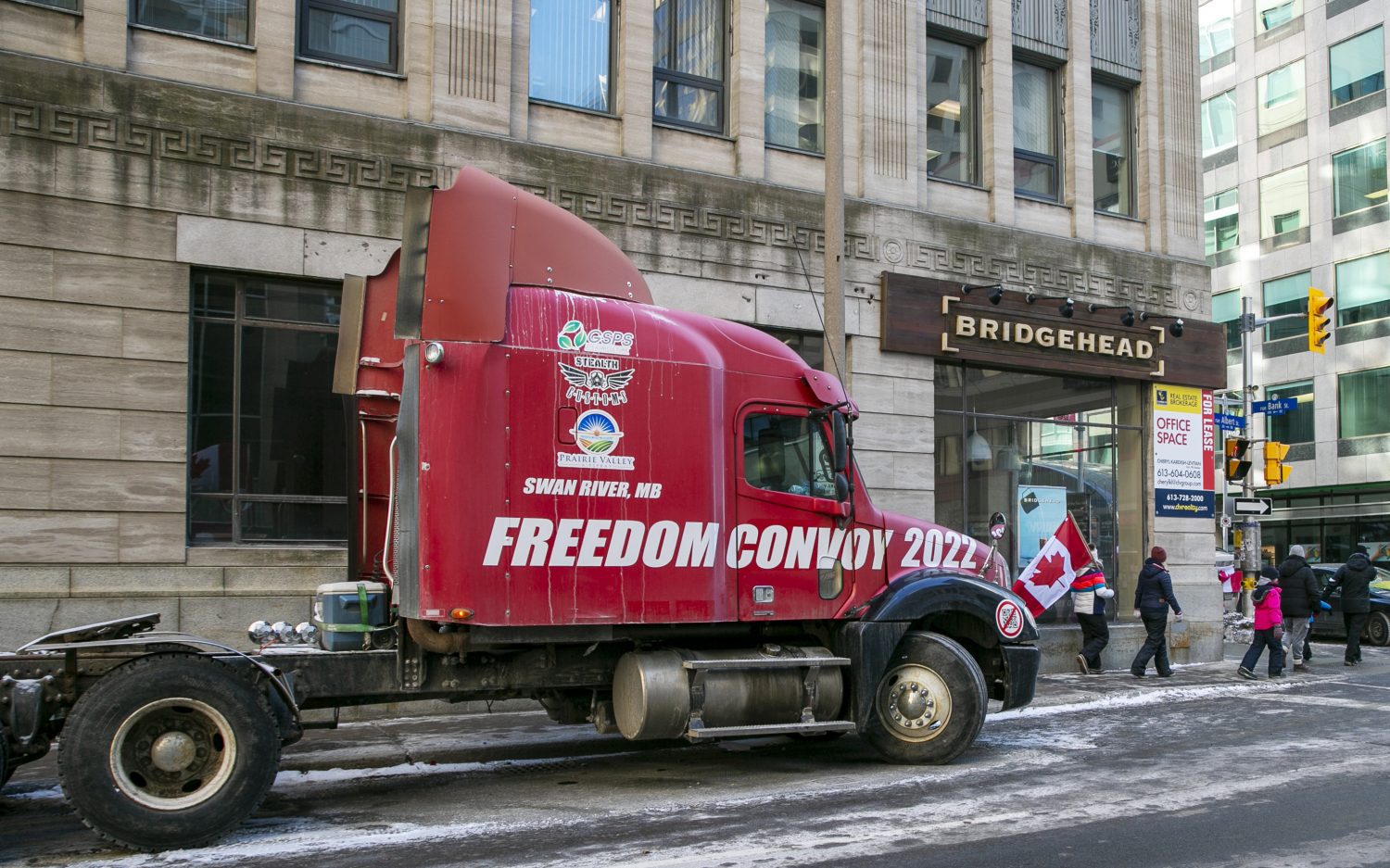Canada, Mexico respond to Trump tariff threats
Update, 3:30 p.m.: Mexican President Claudia Sheinbaum Pardo’s office on Tuesday said she would send U.S. President-elect Donald Trump a letter urging him not to impose tariffs on her country. Tariffs would result in massive job losses on both sides of the U.S.-Mexican border, Pardo said. Cooperation was the only way that leaders of both countries could effectively resolve their issues with drug trafficking and illegal immigration while maintaining economic strength. She noted that many automakers have built factories in Mexico.
What is Canada doing? Canadian Prime Minister Justin Trudeau on Tuesday said that he had a brief call with Trump after the president-elect threatened to impose tariffs on Canada, The Guardian reported. Trudeau would be hosting an emergency meeting with provincial leaders on Wednesday, the newspaper added.
Earlier in the day, Ontario Premier Doug Ford said the proposed tariff would devastate workers and jobs in both Canada and the United States. The auto manufacturing industry in the province is intertwined with factories in Detroit just over the river.
What do Chinese officials have to say? Liu Pengyu, the spokesman for Beijing’s embassy in the United States, on Tuesday said that no one would win a trade war between America and China. China’s Ministry of Foreign Affairs spokeswoman Mao Ning gave a press conference on Tuesday but largely refused to address Trump’s promises.
Original story: President-elect Donald Trump on Monday promised to put a 25% tariff on all goods from Canada and Mexico until illegal immigrants and illicit drugs quit flowing into the United States. Both countries could easily stop people and drugs—specifically fentanyl—from illegally entering America, Trump said.
Trump on Monday also promised to impose a 10% tariff on China because its citizens have been involved in trafficking drugs into the United States. Trump said he’d previously discussed the issue with China, but authorities in Beijing had not effectively addressed the issue.
What is a tariff? It is defined as a customs duty, an extra cost levied on people shipping goods into the United States, the Congressional Research Service wrote in an October policy overview. Some countries have historically used tariffs as a primary means of collecting revenue. More recently, governments have used tariffs as a tool in negotiations and for protecting domestic industries, according to the research service.
Does Trump have the authority to impose these tariffs? The Congressional Research Service explained that the Constitution grants only Congress the authority to impose tariffs, but Congress has partially delegated that power to the White House. The president does have the ability to increase tariffs in response to trade-related concerns that touch on issues of national security or foreign policy, the CRS explained.
Dig deeper: Read Christina Grube’s report in The Sift yesterday about the cabinet picks that Trump named over the weekend.
An actual newsletter worth subscribing to instead of just a collection of links. —Adam
Sign up to receive The Sift email newsletter each weekday morning for the latest headlines from WORLD’s breaking news team.





Please wait while we load the latest comments...
Comments
Please register, subscribe, or log in to comment on this article.